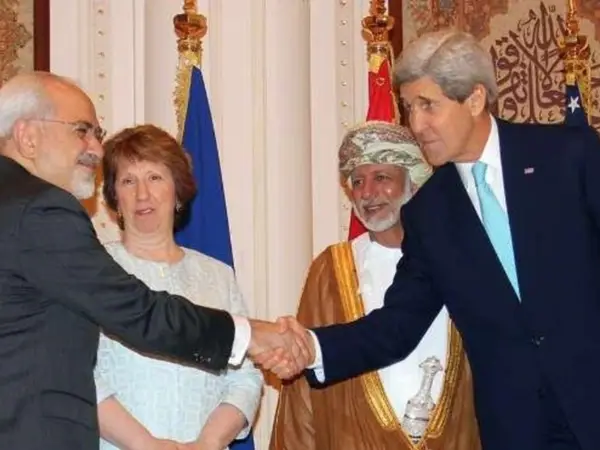A well-known commentator in Iran says that Tehran’s demand for a US guarantee that it will stay in the 2015 nuclear deal beyond the Biden era is not realistic.
Reformist journalist, activist and former political prisoner Ahmad Zeidabadi in a sharp article published in Etemad newspaper has reacted to remarks by the spokesman of Iran’s foreign ministry on Monday that one of the three conditions for the United States to return to the nuclear agreement is a guarantee that no future US president will withdraw from the deal.
Iran has been making this demand for a while, but the Biden Administration’s position is that it cannot make decisions for a future president.
Zeidabadi askes Iran’s leaders if they really want the United States to provide such a guarantee. That would mean changing the Joint Comprehensive Plan of Action (JCPOA) into a treaty, which would need approval by the US Senate, where many lawmakers would demand guarantees from Iran on other issues.
This would make the nuclear agreement, a treaty about US-Iran relations in fact, Zeidabadi wrote and expressed doubt if this is what Tehran really wants.
Not only almost every Republican Senator but a sufficient number of Democrats think the Islamic Republic is a threat to the United States, its neighbors and Israel and they would not approve a treaty unless Iran permanently dismantles its nuclear program in its current form and dramatically changes it foreign policy.
“Is Iran ready to take the needed steps to attract the minimum number of votes in the US Congress?” asks Zeidabadi. President Joe Biden cannot provide a solid guarantee that a future US president will stay in the JCPOA. The most he can deliver “is a verbal” pledge.
The issue of resolving the four-decade old tensions between the Islamic Republic and Iran has always simmered in the background. US presidents have made overtures to Tehran to enter talks to reduce tensions and normalize ties. But Iran’s Supreme Leader Ali Khamenei and his hardcore supporters, especially among the Revolutionary Guards have opposed direct talks and improvement of relations. Khamenei only agreed to nuclear negotiations in 2013 after UN nuclear sanctions brought the economy to the brink of crisis.
Zeidabadi further argued that agreements between states last as long as both sides see their interests served. This is the strongest motivation for keeping commitments.
“If the Islamic Republic wants guarantees for the survival of JCPOA after the Biden presidency, it should try to discover shared interests with America and pursue them both within and outside the JCPOA. Such an approach not only would strengthen the nuclear agreement, but it would also make it impossible for a future US president to abandon it,” Zeidabadi wrote.
Quoting British statesman Palmerston, that his country never has permanent friends or enemies but just permanent interests, Zeidabadi argued that if shared interests are not the foundation of agreements, they are not worth the paper there are written on. If deals are made just to put fires out, they will soon break down, he said.
